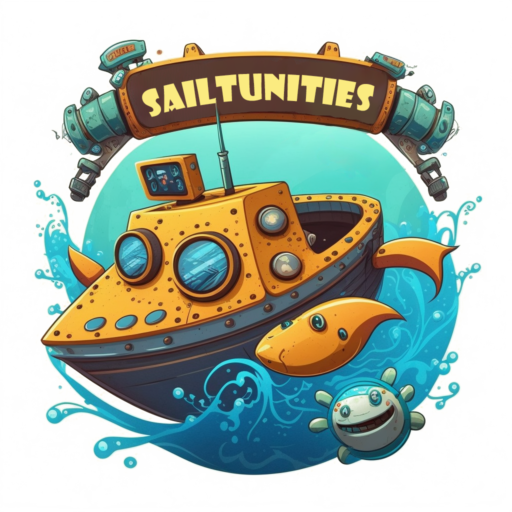Kuressaare Nooruse Kool in Estonia successfully implemented a pilot course focused on robotics and environmental research. This engaging program combined hands-on learning with cross-curricular integration, offering students a unique opportunity to explore water ecosystems and robotics technology.
The pilot course involved over 75 8th-grade students, including approximately 10 from disadvantaged backgrounds. These students came from varied circumstances, including geographical (such as Ukrainian refugees or those living in rural areas), economic (low-income families), and those facing learning difficulties.
The program also engaged 10 teachers across disciplines such as science, technology, and foreign languages. Some teachers contributed by leading lessons and developing materials, while others supported through translation, communication, and attending project-related meetings.
Curriculum Integration and Leadership Support
The course was integrated both into the school curriculum and offered as an extracurricular activity. The school’s headmaster actively supported the initiative by appointing a dedicated project team and providing access to the school’s facilities and equipment.
This institutional backing enabled the smooth implementation of the project and ensured its alignment with the school’s educational goals.
Building and Testing Robot Boats
During the 50-hour pilot course, 11 robot boats were constructed by students. These boats served as tools for water research in three types of environments: a natural pond, the school’s indoor swimming pool, and the model testing basin at Kuressaare College of Tallinn University of Technology.
These practical activities provided students with real-world applications of STEM concepts, encouraging experimentation, critical thinking, and teamwork.
Partnerships with Higher Education and Industry
Kuressaare Nooruse Kool collaborated with three key partners:
- Kuressaare College of Tallinn University of Technology: Provided access to a wave simulation test pool, where students could test the robot boats in controlled conditions.
- Kõiguste Field Station of the Estonian Marine Institute (University of Tartu): Hosted students during the First Lego League (FLL) competition, where they explored project research and data collection techniques.
- Kuressaare Regional Training Centre: Specializing in small craft and boat building, this partner will host a future dissemination event and hands-on training day for both students and teachers.
Documentation and Communication
Project activities were well-documented and widely shared. Highlights and photos were published in the project blog and the school’s online newspaper, Nooruse Meridiaan. In addition, all participant lists and supporting materials were archived for future reference in the project file.
Looking Ahead: Lessons Learned and Future Plans
For Kuressaare Nooruse Kool, located on an island, water is a central theme in everyday life. The pilot course inspired new ways to address environmental topics through educational activities.
The lesson plans created during the project offer reusable materials for future learning. While space limitations make it difficult to preserve all robot boats, the school plans to reuse them in outdoor science lessons. These boats will support further studies in physics (movement and forces), chemistry (water quality analysis), and biology (collecting and examining water samples).
The school is committed to continuing this innovative approach and ensuring that students stay connected to the island’s most vital resource—water.
